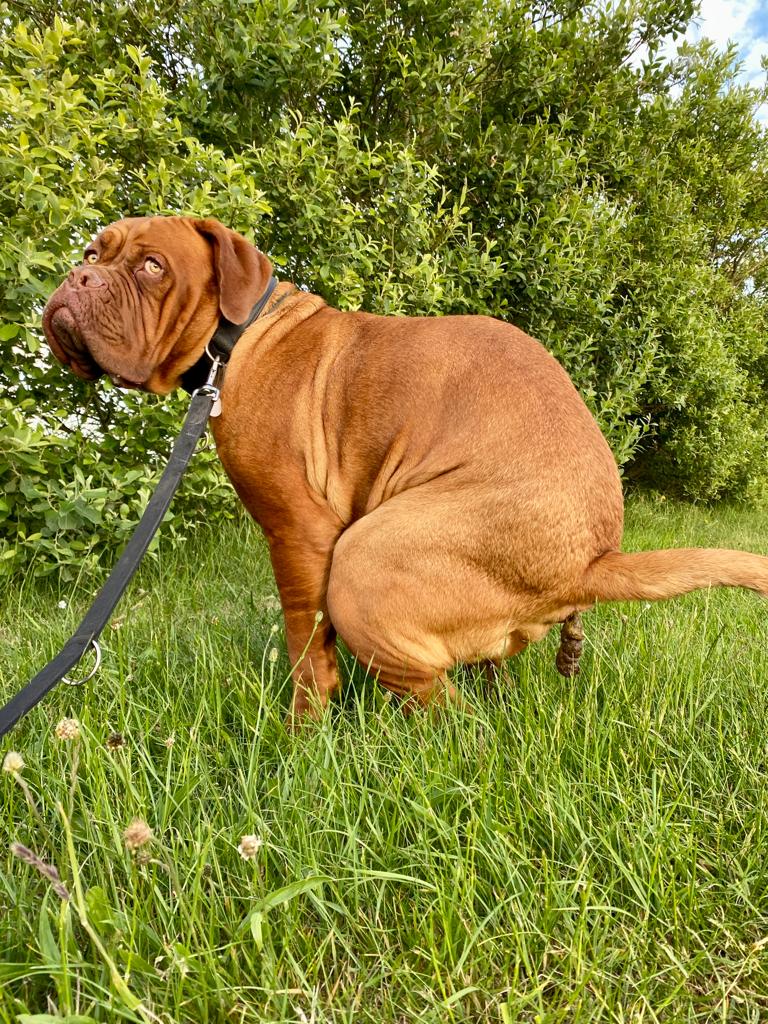Questions for the patient owner
It is disturbing for owners when something is wrong with their dog. It is even more difficult when they have no idea how to help them. It is important to listen to owners, ease their fears and get as much information as possible. The more information we receive as veterinarians, the easier it is for us to recognize an emergency and take further steps.




